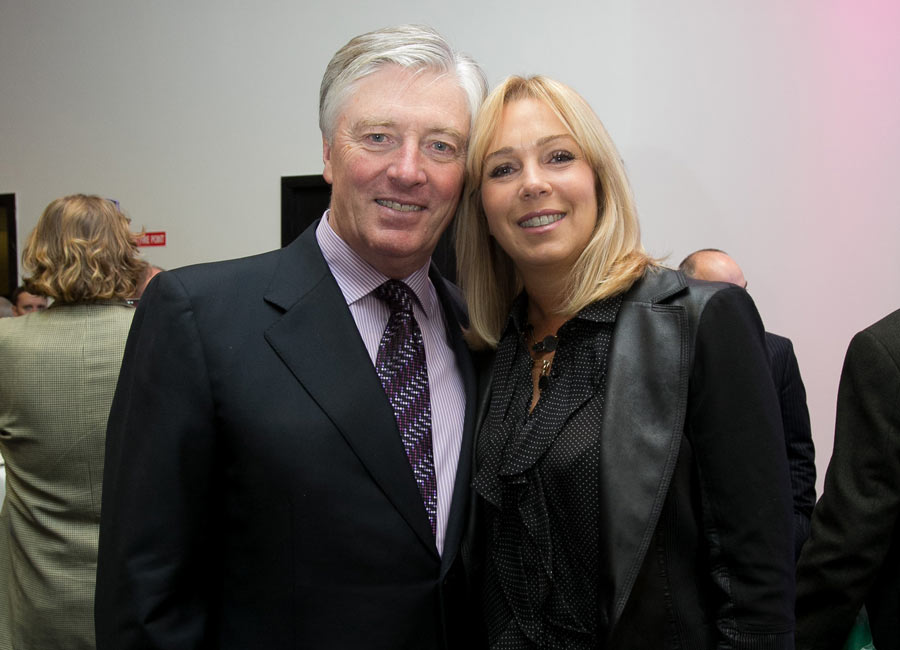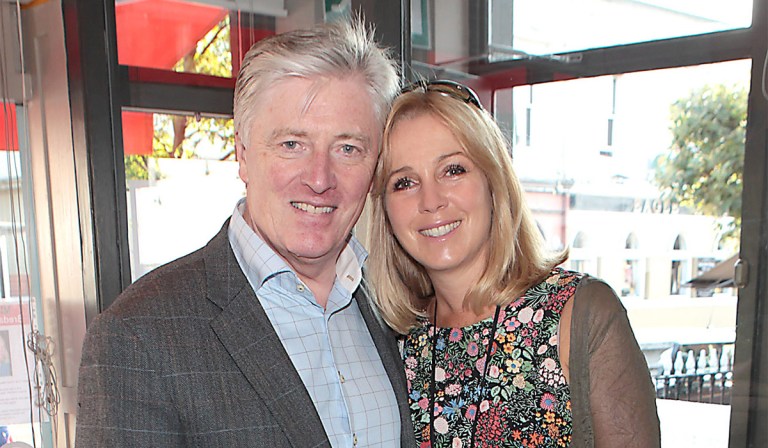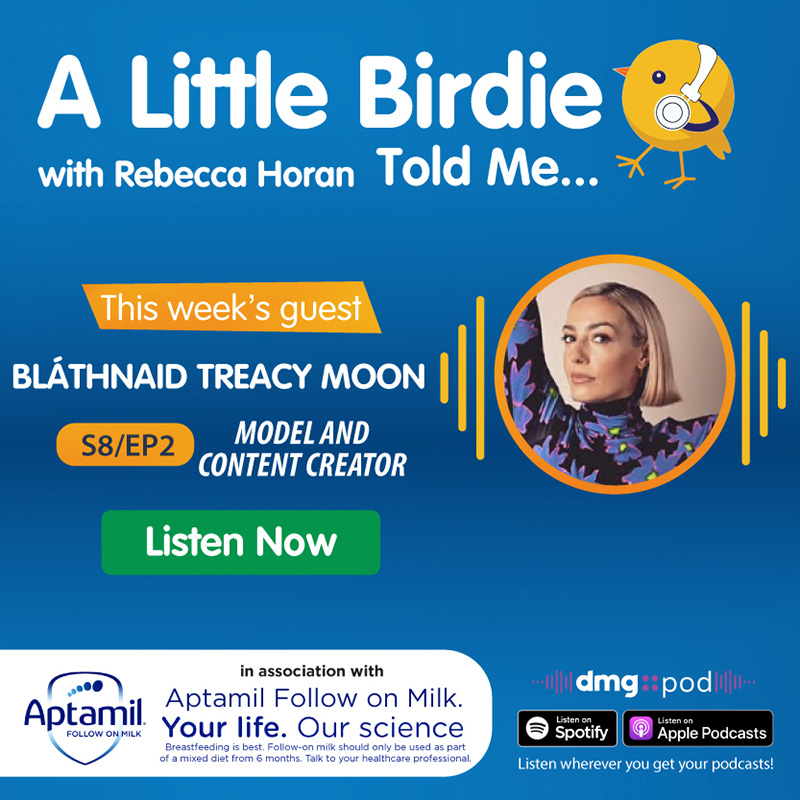Broadcaster Pat Kenny has made the surprise admission that he once entered the Eurovision Song Contest, flying under the name ‘Jason Guano’.
The former Late Late Show host said he had entered as a 23-year-old, with a song about seagulls and a cheeky pseudonym, which means seabird faeces in Spanish.
Speaking on Ryan Tubridy’s The Bookshelf podcast, Kenny explained how his horizons opened up after studying for a postgraduate degree in engineering at Georgia Tech in the USA.

Pic: Collins
He said the experience had been ‘utterly life-changing’. ‘I learned in America, as we have all learned, that you can become anything you want to become. ‘You can become a con artist or the president, it’s quite extraordinary… so when I came back to Ireland I realised I could literally do anything, I wasn’t confined. It was liberating,’ he said.
Kenny said he had been allowed to take electives in Georgia Tech, and had taken politics, nuclear engineering and classical music. ‘When I came back, I ended up picking up the guitar in O’Donoghue’s pub [in Dublin] and singing songs and doing things I never dared to do,’ he recalled.
He said these were ‘folk songs mainly, and I wrote songs too’. He continued: ‘I entered the Eurovision one time under the pen-name Jason Guano, guano being “seagull s***”. ‘The reason I entered [with that name] was because my song was called Seagulls Are Flying. ‘It didn’t make the cut,’ he admitted. ‘I sang, Seagulls are flying, over the water, filling the skies with their loud screaming laughter, while the lady walks lonely, the tears in her eyes dried by the wind. ‘It was just mischief-making. It was before I applied to RTÉ in 1972, so Eurovision had to have been 1971. ‘I could not play the guitar, really, I was a five-chord trick man.’ He joked that the song was now a ‘lost work’.

Asked to name a book that had made him cry, Kenny picked All The Colours of the Dark, by Chris Whitaker.He said it was a missing persons story, a possible tale of a serial killer, and a love story all rolled into one.
He also told Tubridy that after spending 40 years ‘spoofing on the radio’ his autobiography would be blank, and would carry the title ‘Nothing left to say.’








